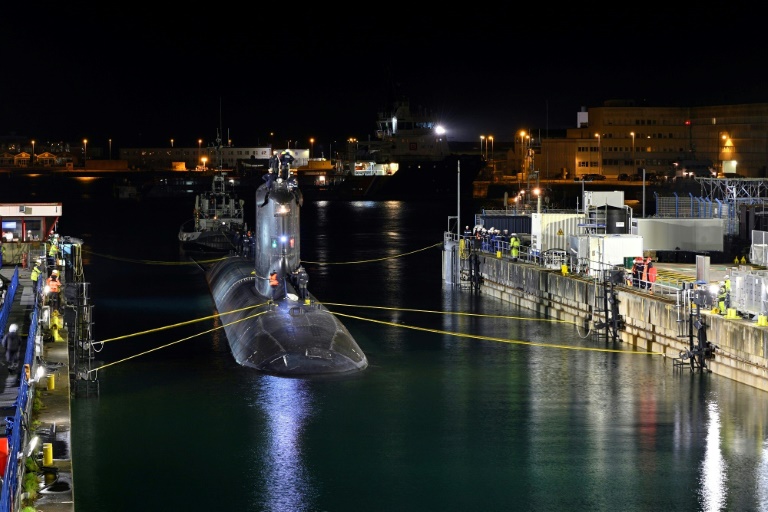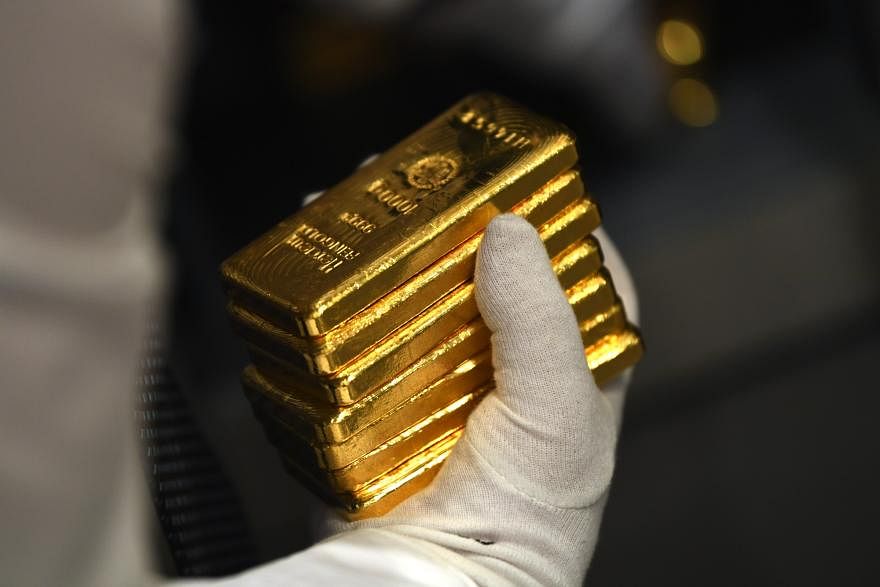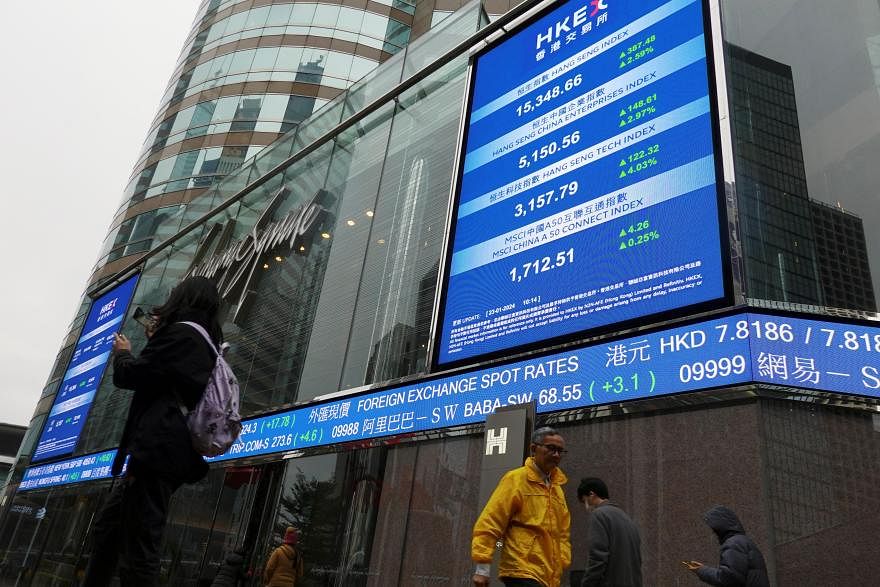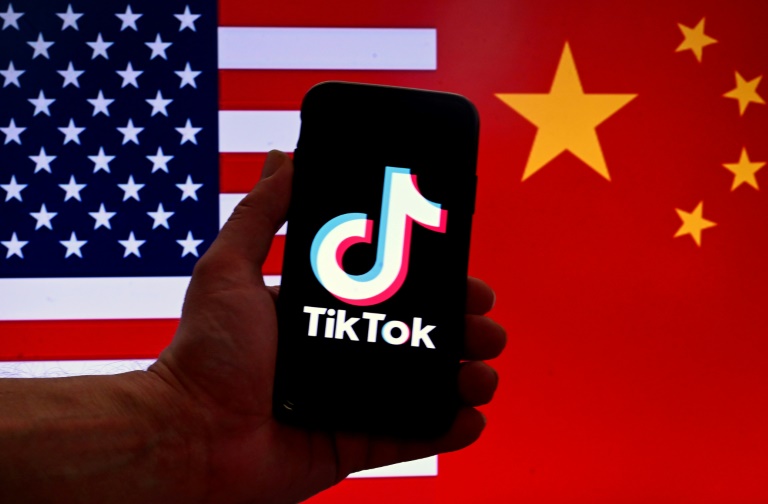The Netherlands was set to announce Friday who it has chosen for a multi-billion-euro contract to build four submarines for its navy, with a consortium headed by France’s Naval Group favoured over German and Swedish rivals.
French state-owned Naval Group has allied with Dutch company Royal IHC and is up against Germany’s Thyssenkrupp Marine Systems (TKMS) and Sweden’s Saab AB, which has allied with Dutch naval shipyard Damen.
The vessels will replace the Netherland’s four Walrus class subs which entered service in the early 1990s, of which one was decommissioned last autumn so that its spare parts could be used to keep the other three in operation.
The Dutch defence ministry said state secretary for defence Christophe van der Maat will make the announcement Friday.
Dutch media reports say the French-led consortium has been chosen, but the companies wouldn’t comment.
“The decision-making process is not finished, it is expected Friday,” defence ministry spokesman Tom Kummel told AFP.
Parliament will have to approve the contract, and caretaker Prime Minister Mark Rutte’s cabinet has tried to speed up the decision ever since the party of far-right winger Geert Wilders won the most votes in last November’s election.
Wilders conceded Wednesday that he was unable to cobble together a coalition and the country’s main parties agreed to form a “technocratic” government made up of non-politicians.
During a parliamentary debate Wednesday, Chris Stoffer from the reformist SGP party — which is strong in Zeeland where Damen is based — asked that “we do not let this government decide, but a new government that will decide in the interests of the Netherlands.”
But van der Maat said “we must do everything in our power to carry out the process as quickly as possible or else the Walruses will be withdrawn from service before the new submarines have arrived.”
The contract would be worth between 4 billion and 6 billion euros ($4.4-6.5 billion), according to newspaper De Telegraaf.
The submarines would be built in the shipyards of whatever company wins the contract, but there would also be an industrial cooperation accord to “reinforce the technological and industrial base of the Dutch defence industry.”
The first two subs would enter service within ten years of the contract signing.
Should Naval Group win the contract it would be the first exports for its Barracuda model, of which 12 were to be sold to Australia before Canberra cancelled the contract in favour of the AUKUS partnership with London and Washington.
The first Barracuda to enter service in the French navy was nuclear-powered, but the model offered to the Netherlands would have conventional diesel-electric propulsion and be smaller at 3,000 tonnes, instead of 4,500 tonnes.
TKMS, which by some counts holds 70 percent of the market for conventional submarines, is offering an extended version of its Type 212CD, a vessel adapted to shallow waters such as the Baltic Sea.
Saab is proposing an extended version of its A26 submarine that’s been ordered by the Swedish navy.







